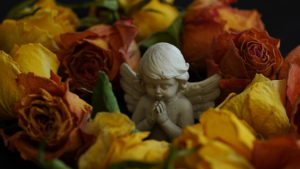Wodonga Funerals: Tobin Brothers Contact Info & Services
Tobin Brothers Wodonga offers compassionate and professional funerals services tailored to individual needs and cultural preferences. Located at 4 Moorefield Park Dr, West Wodonga VIC 3690, Australia, they provide guidance during difficult times…….

